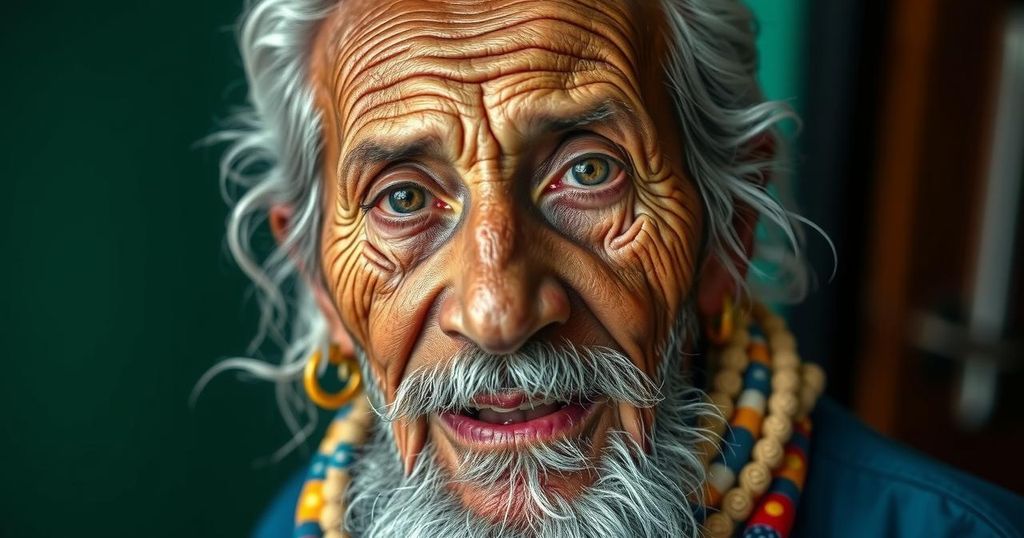João Marinho Neto: The World’s Oldest Living Man at 112 Years Old

João Marinho Neto, a 112-year-old Brazilian man, has been confirmed as the world’s oldest living person after the death of John Tinniswood. Born on October 5, 1912, in Ceará, Brazil, he credits his long life to the support of his family. João has six living children and numerous grandchildren and remains a symbol of resilience and endurance.
On November 26, 2023, João Marinho Neto, a Brazilian man aged 112 years and 52 days, has officially been recognized as the world’s oldest living man following the passing of John Tinniswood from the UK, who also reached the age of 112. Born on October 5, 1912, in Maranguape, Ceará, Brazil, João was already acknowledged as the oldest living man in Brazil and Latin America before this confirmation.
His remarkable life began in a farming family, where he contributed to agricultural work from an early age. João, who has been married twice and has six living children alongside numerous grandchildren, credits his longevity to the love and support of family. He faced various challenges throughout his life, including severe droughts but persevered to create a stable financial situation through hard work and dedication to farming.
In addition to his status as the oldest living man, João is noted for being the last surviving individual born in 1912. He succeeded Juan Vicente Pérez, a Venezuelan who previously held the title of oldest man living until his death this year at 114 years old. The title of the oldest woman and oldest person living currently belongs to Tomiko Itooka of Japan, who was born on May 23, 1908.
The topic of longevity has garnered significant interest globally, particularly with recent records being confirmed about the oldest living individuals. João Marinho Neto’s confirmation as the world’s oldest living man following Tinniswood’s death highlights not only individual resilience but also the cultural significance of longevity in various societies. The verification of age and milestones in human life, such as João’s, offers inspiration and connection within communities, particularly in regions with rich agricultural backgrounds such as Ceará, Brazil. Moreover, studies have shown that strong familial bonds and community support play crucial roles in the extended lifespans of individuals, which is reflected in João’s own account of his long life. The global trend towards recognizing and celebrating long-lived individuals reflects a growing fascination with centenarians and their wisdom. As of now, João remains a symbol of endurance and longevity in Latin America, and serves as an inspiration to many worldwide.
In summary, João Marinho Neto has ascended to the title of the world’s oldest living man, embodying a legacy of resilience, family values, and agricultural tradition. His life story exemplifies not just the achievement of longevity but also the importance of familial support in overcoming life’s trials. As the last surviving person born in 1912, he encapsulates a remarkable historical perspective on human life and health, reminding us of the significant contributions made by people from agrarian backgrounds. His recognition encourages others to appreciate the role of community and love in achieving personal longevity.
Original Source: www.guinnessworldrecords.com








